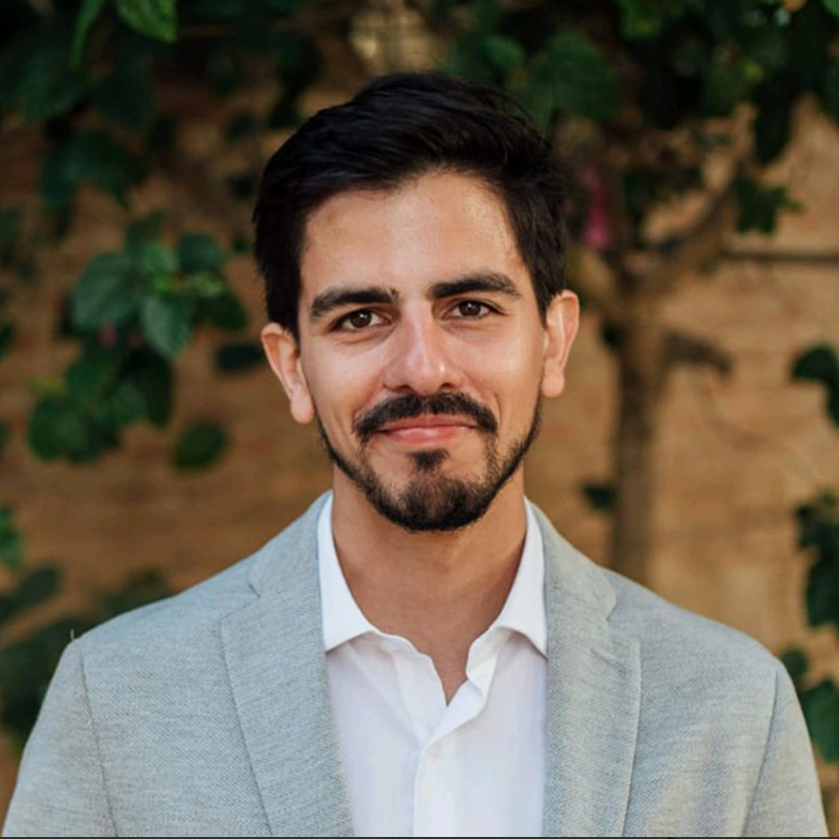Juan Pablo is the Executive Director of Centro de Políticas Migratorias in Chile, a policy centre dedicated to the design of migration policies.
 Juan Pablo Ramaciotti, MPP
Juan Pablo Ramaciotti, MPP
In 2020, I arrived in London from Chile in the middle of the Covid-19 pandemic, in a very challenging context. There were few opportunities to meet in person with classmates, go to classes on campus, or engage in person in LSE extracurricular activities. However, living through part of the pandemic and its challenges while studying at one of the best public policy schools in the world marked that period as one of life-changing experiences and learnings.
Before studying at the SPP, my career was focused mainly on foundations and NGOs linked to activism and social projects. I decided to study the MPP based on my interest in acquiring tools that would allow me to direct my career path towards policymaking. Learning from top-notch professors and the experience of my classmates had an invaluable impact on my learning. I acquired knowledge in new disciplines and ways to approach public problems and look for innovative solutions. At the same time, the experience of living in London and meeting people from different parts of the world allowed me to look at things from a broader and more complex perspective.
After my time at LSE, I decided to use the tools and experience acquired to contribute to public policies in Chile in the particularly complex area of immigration and asylum policies. Together with a university professor, we created a new research centre called Centro de Políticas Migratorias (Migration Policy Centre) in Chile, which focuses on filling a gap that we found in the country: evaluating and designing migration policies based on evidence, proposing concrete solutions that are possible to implement by the governments. What I learned at the SPP was undoubtedly fundamental to carrying out this project, not only because of the knowledge I acquired but also because it gave me the perspective to think about new ways to contribute to public policies through a high-impact project.